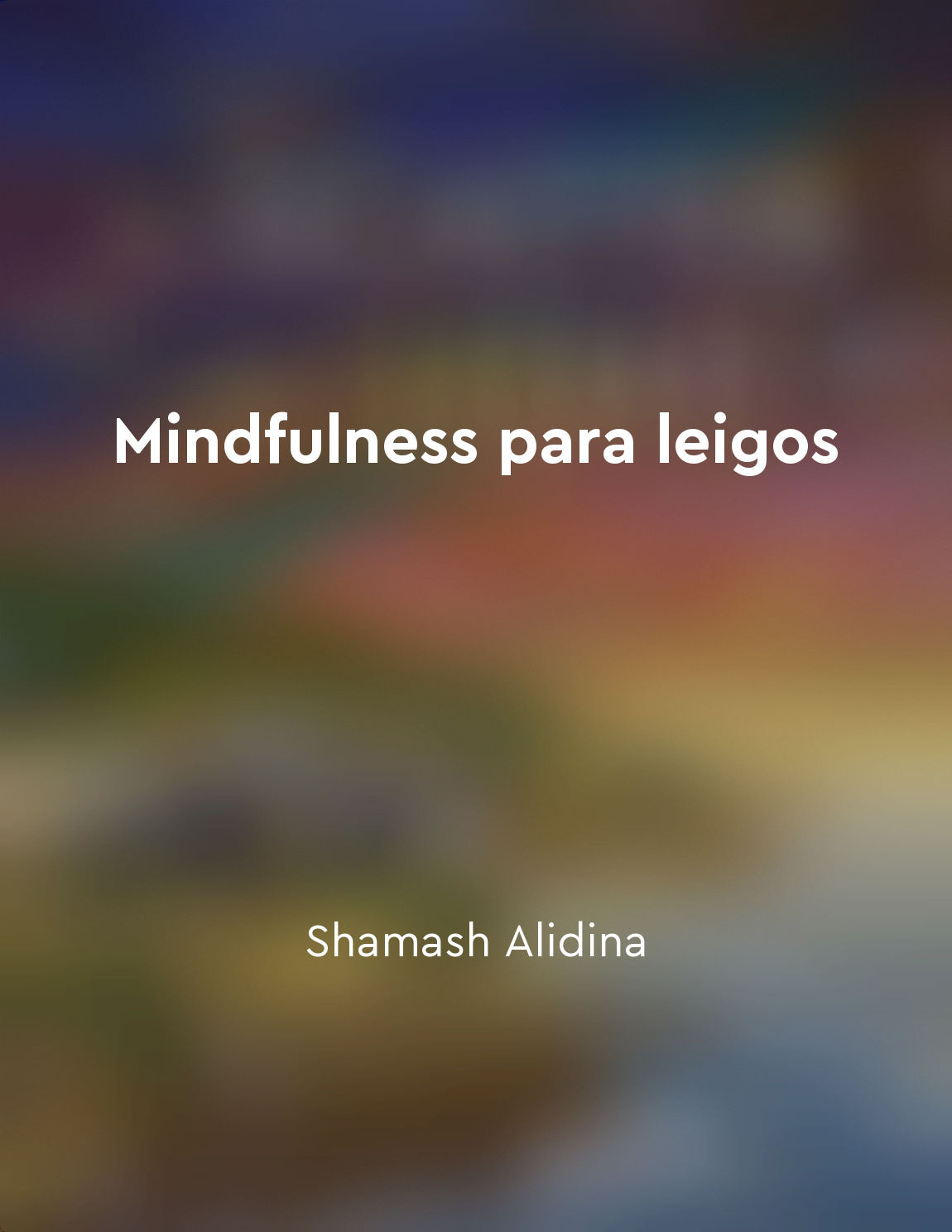Human mind evolved to prioritize survival over truth from "summary" of Why Buddhism is True by Robert Wright
The human mind, according to evolutionary psychology, is a product of natural selection. Our ancestors' brains were shaped by the pressures of survival and reproduction, not by a desire for philosophical or scientific truth. In the competition for resources and mates, it was more important for our ancestors to be successful than to see the world accurately. As a result, our minds are not reliable truth-seeking devices. Instead, they are shaped to help us navigate a complex and often hostile world. This means that our minds are prone to various cognitive biases and illusions that can lead us astray. For example, we are more likely to pay attention to information that confirms our preexisting beliefs and to ignore or dismiss evidence that contradicts them. One of the reasons why our minds prioritize survival over truth is that our beliefs and perceptions have real-world consequences. If we believe that a rustle in the bushes is a predator, we are more likely to survive than if we assume it is just the wind. In this sense, it is better to be safe than sorry, even if that means occasionally being wrong. These cognitive biases and illusions can have profound implications for our mental well-being. For example, our tendency to ruminate on negative thoughts and memories can lead to anxiety and depression. Our minds are constantly churning out thoughts and perceptions, many of which are distorted or biased in some way. Buddhism offers a way to overcome these cognitive biases and illusions through mindfulness meditation. By cultivating an awareness of our thoughts and perceptions, we can begin to see them more clearly and objectively. This can help us break free from the grip of our cognitive biases and illusions and lead to a more peaceful and contented mind.- The idea that the human mind evolved to prioritize survival over truth helps us understand why we are prone to cognitive biases and illusions. By recognizing these limitations, we can begin to see the world more clearly and live a more fulfilling life.
Similar Posts
Nirvana is the ultimate goal of Buddhist practice, a state of liberation from suffering
In Buddhism, Nirvana is the ultimate goal of spiritual practice. It represents a state of complete liberation from suffering, a...

Practicing mindfulness can help reduce stress and anxiety
In our fast-paced modern world, stress and anxiety have become all too common. Whether it's due to work, relationships, or othe...
Meditation is key to understanding oneself and the world around us
The Buddha emphasized the importance of meditation as a means to explore the depths of our own being. Through meditation, we ca...
Impermanence is the recognition that all things are constantly changing
Impermanence lies at the heart of Buddhist teachings, emphasizing the fluid and transient nature of existence. This fundamental...
Patience is essential in mindfulness
Patience is not just a good idea; it is essential in mindfulness practice. It is the foundation upon which all other mindfulnes...
Let go of attachments and desires, find contentment in the present moment
When we are constantly seeking for something outside of ourselves to bring us happiness and fulfillment, we are setting ourselv...
Embrace discomfort and difficult emotions with mindfulness
When you sit down to meditate, you might expect relaxation and peace to wash over you like a warm blanket. But that's not alway...
Mindfulness practice can reveal the impermanence of thoughts and feelings
When we begin to investigate our experience with mindfulness, we may notice something quite remarkable: the fleeting nature of ...
Mindfulness promotes a sense of calmness
The practice of mindfulness can help to create a sense of calmness within us. When we are mindful, we are fully present in the ...
It requires practice and patience
Learning mindfulness is a journey that demands time and dedication. The concept of practicing mindfulness is not something that...

